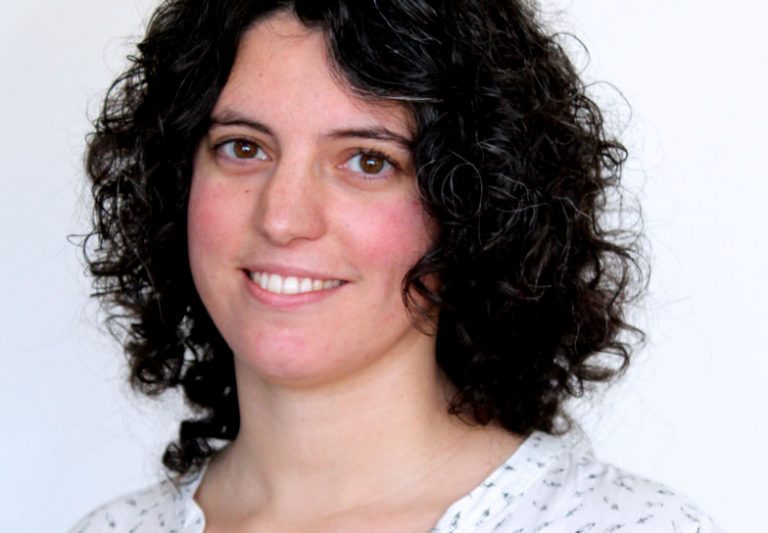RESEARCH into a crucial protein linked to the development of Alzheimer’s has been supported by a £76,000 grant from South Wales Freemasons.
The grant is funding an Alzheimer’s Research UK PhD student, Aurora Veteleanu, at the UK Dementia Research Institute (UK DRI) at Cardiff University.
Scientists know that small changes to a gene that provides the instructions for producing a protein called clusterin are linked to an increased risk of developing Alzheimer’s disease. The clusterin protein has also been found in amyloid plaques which build up in the brain during Alzheimer’s disease.
This £76,000 donation will allow Aurora Veteleanu to investigate if and how variations to the clusterin gene change the amount of protein in the brain. Exploring clusterin biology will add detail to our understanding of how proteins build up in the brain during Alzheimer’s and could present a new avenue for future treatments.
The first step towards their goal will be to find a reliable and accurate way to measure levels of clusterin in the blood, spinal fluid and brain. Ms Veteleanu will also explore how clusterin is made and released from cells in the brain. She will use stem cell techniques to grow brain cells in a dish that have the variations of the DNA code known to increase Alzheimer’s risk.
The grant from South Wales Freemasons comes through the Masonic Charitable Foundation, which is funded by Freemasons, their families and friends, from across England and Wales
Nearly one million people in the UK are living with dementia, a progressive condition for which there is currently no cure.
People with dementia experience memory loss, confusion, personality changes and gradually lose the ability to manage daily life. The condition is caused by physical brain diseases and evidence shows dementia is also linked to a higher risk of severe COVID-19. But with potential new treatments on the horizon, there is renewed hope for those living with dementia.
Aurora Veteleanu completed her undergraduate degree at the University of Leeds before moving to Cardiff to work in Prof Paul Morgan’s lab at the UK DRI Cardiff. The Cardiff centre is one of seven world-class research facilities across Britain that comprise the UK DRI which has a total of £290m of investment.
Aurora Veteleanu from Cardiff University said:
“I am most grateful to Alzheimer’s Research UK and South Wales Freemasons for their support during the uncertain times we are living in. I’m excited to start the project and hope that I can make a difference to those living with dementia.”
Alzheimer’s Research UK estimates it could be facing a potential drop in income due to COVID-19 of up to 45%; nevertheless, the charity is committed to funding science in the region.
Dr Rosa Sancho, Head of Research at Alzheimer’s Research UK, said:
“Dementia affects around 42,000 people in Wales and nearly one million people across the UK. Research like this carried out by dementia experts is the only answer to a world free from the fear, harm and heartbreak of the condition.
“Alzheimer’s Research UK remains committed to funding the best science and Cardiff has a strong dementia research community. Funding research like this would not be possible without donations from our fantastic supporters. Now more than ever, dementia research needs our backing. Supporters can donate at alzres.uk/make-donation or by calling call 0300 111 5555.”
Rob Payne from South Wales Freemasons said:
“I’m very pleased we’ve been able to support this hugely important research. Alzheimer’s destroys lives and families and Aurora’s research may well be one major step in the road that leads to a treatment for this terrible condition one day.”
Julie Williams, Centre Director, UK Dementia Research Institute at Cardiff, commented:
“This generous gift will help us to build up a clearer picture of what causes Alzheimer’s and how it progresses. Our researchers are working hard to fill the gaps in our knowledge about dementia and find treatments that will transform people’s lives. We are determined to succeed and donations like this are vital to that ambition.”

